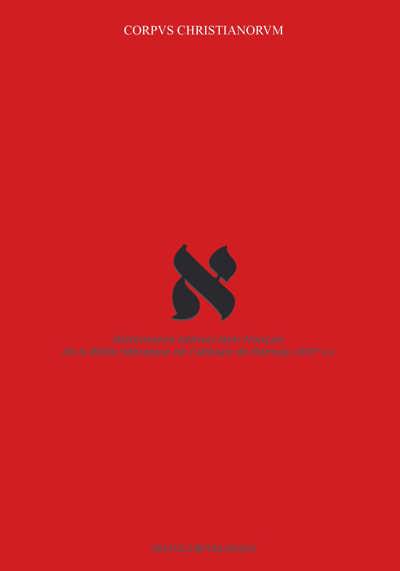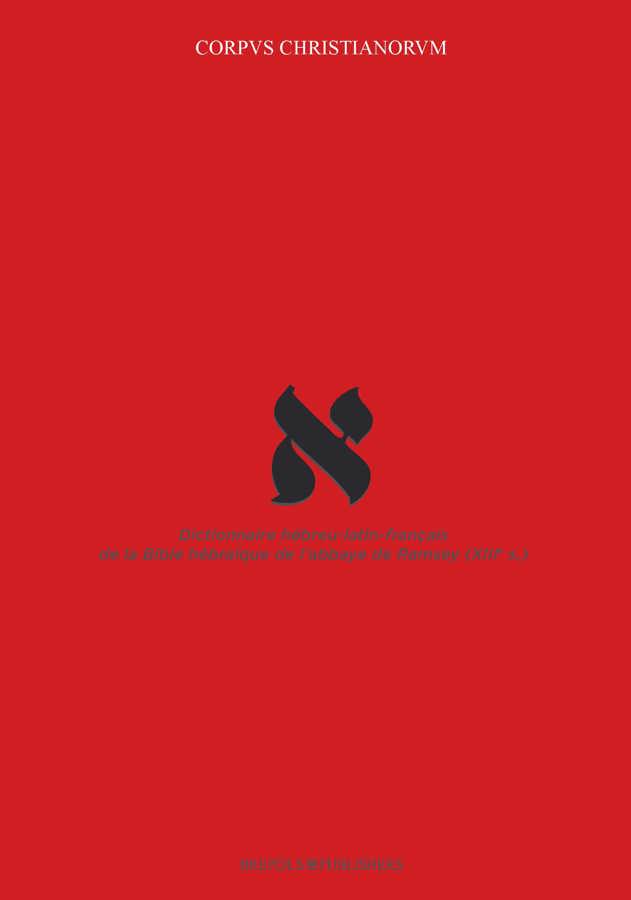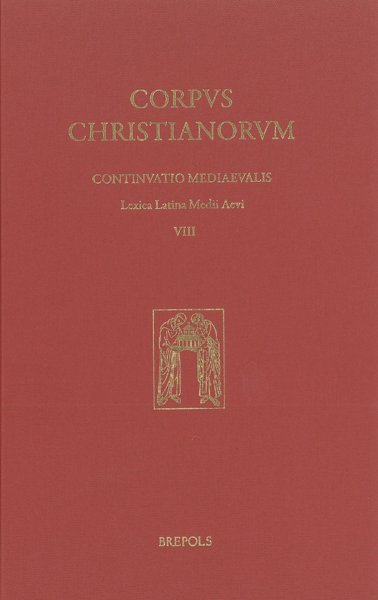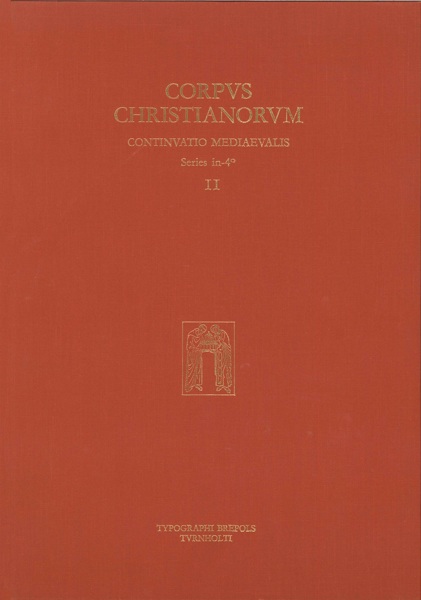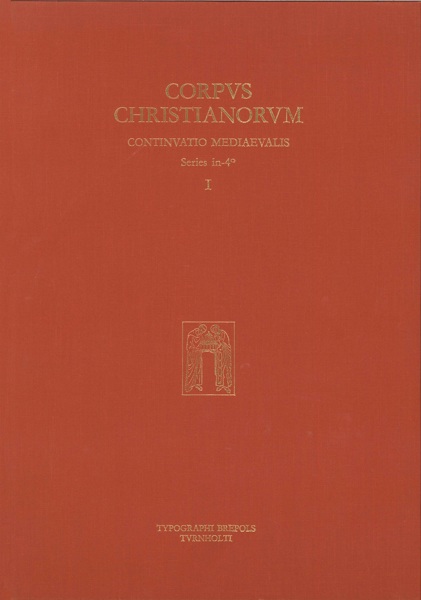
Dictionnaire hébreu-latin-français de la Bible hébraïque de l'abbaye de Ramsey (XIIIe s.)
Judith Olszowy-Schlanger, Anne Grondeux (eds)
- Pages: 289 p.
- Size:230 x 315 mm
- Illustrations:19 col.
- Language(s):Latin, Hebrew, French
- Publication Year:2008
- € 305,00 EXCL. VAT RETAIL PRICE
- ISBN: 978-2-503-52653-9
- Hardback
- Available
"[...] l'édition du dictionnaire avec ses savantes introductions, ses notes, ses tables et les 19 planches en un beau volume de grand format doit être saluée. On peut être sûr que les imprimeurs n'ont pas non plus ménagé leur peine."
(P.-M. Bogaert, dans Revue bénédictine, 119, 2009, p. 450)
"This edition will be of interest to scholars studying linguistic reference works and language learning, and provides a wonderful example of a thirteenth-century culture of cross-religious scholarship and multilingualism in medieval Britain."
(Eva De Visscher, in The Journal of Medieval Latin, 20, 2010, p. 330)
"Le Dictionnaire restera longtemps le document le plus spectaculaire sur l'étude de l'hébreu en milieu chrétien au Moyen Âge. [...] Cette édition exemplaire contribuera à lui donner la célébrité qu'il mérite."
(B. Grévin, in Studi francesi, 161, 2010)
